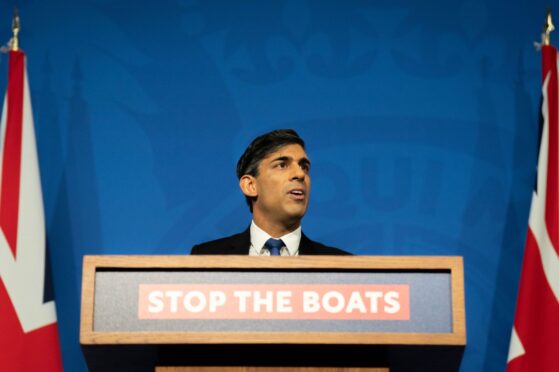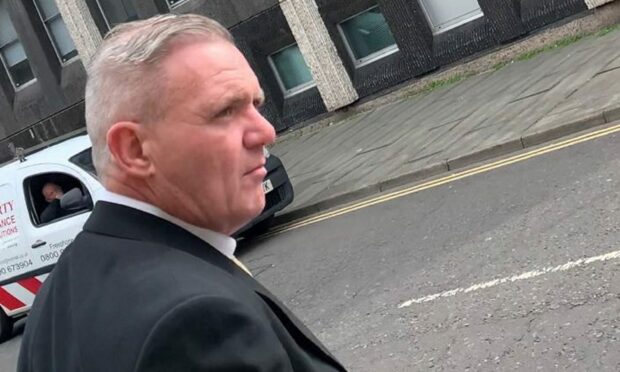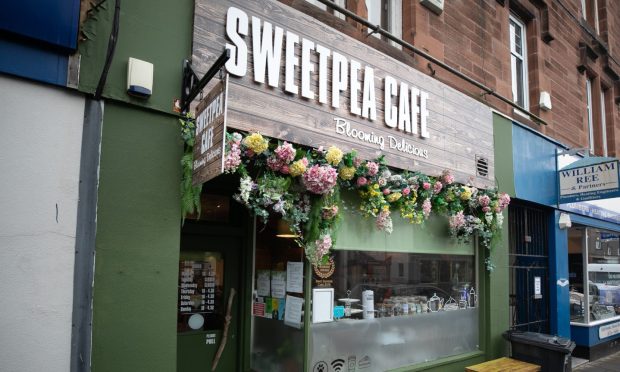Almost 900 people in central Fife were hit by “inhumane and unfair” benefits sanctions in just 18 months, new figures have revealed.
Between January 2015 and June 2016, there were 1,512 Job Seeker’s Allowance (JSA) sanctions affecting 887 individuals in the Kirkcaldy and Cowdenbeath constituency alone.
Local MP Roger Mullin said he was astounded by the statistics which show his constituency was hit with the highest number of sanctions in Scotland.
Ochil and South Perthshire was in second place with 1,175 sanctions.
Mr Mullin has blasted the benefits sanction regime as not fit for purpose with figures varying wildly across the country.
The SNP MP’s comments came as Scottish Labour’s deputy leader Alex Rowley called for an end to the practice and for the devolution of employment services.
The mid-Scotland and Fife MSP was speaking after the National Audit Office announced there was no evidence benefit sanctions helped unemployed and disabled people into work.
The independent watchdog found that almost a quarter of those claiming Jobseeker’s Allowance across the UK received a sanction between 2010 and 2015.
Rates of sanctioning varied dramatically in different areas, it said.
Mr Mullin said: “The sanctions figures are astounding, both in the overall number of sanctions imposed and the wild variation between constituencies. There is no consistency at all, which suggests that something is completely amiss.”
He added: “The punitive sanctions regime is not even cost effective. The NAO report reveals that sanctions cost taxpayers more than twice the money that the DWP claims to save: £285 million to administer the system compared to £132m a year removed from JSA and ESA payments.”
Branding the situation unacceptable, he stated: “The UK Government must rethink its flawed ideological approach and actually listen to concerns about the hardship their punishing sanctions regime causes to individuals and their families.
“The regime is quite clearly unfit for purpose.”
Mr Rowley, who had previously raised concerns about sanctions in the Scottish Parliament, said it was clear the regime did not work.
“The report from the National Audit Office shows that the current system isn’t working,” he said.
“It highlights its arbitrary implementation, the fact that it doesn’t save money and most importantly it doesn’t help people into work.
“We need a new approach, one based on respect and dignity.”
The Department for Work and Pensions has been approached for comment.










